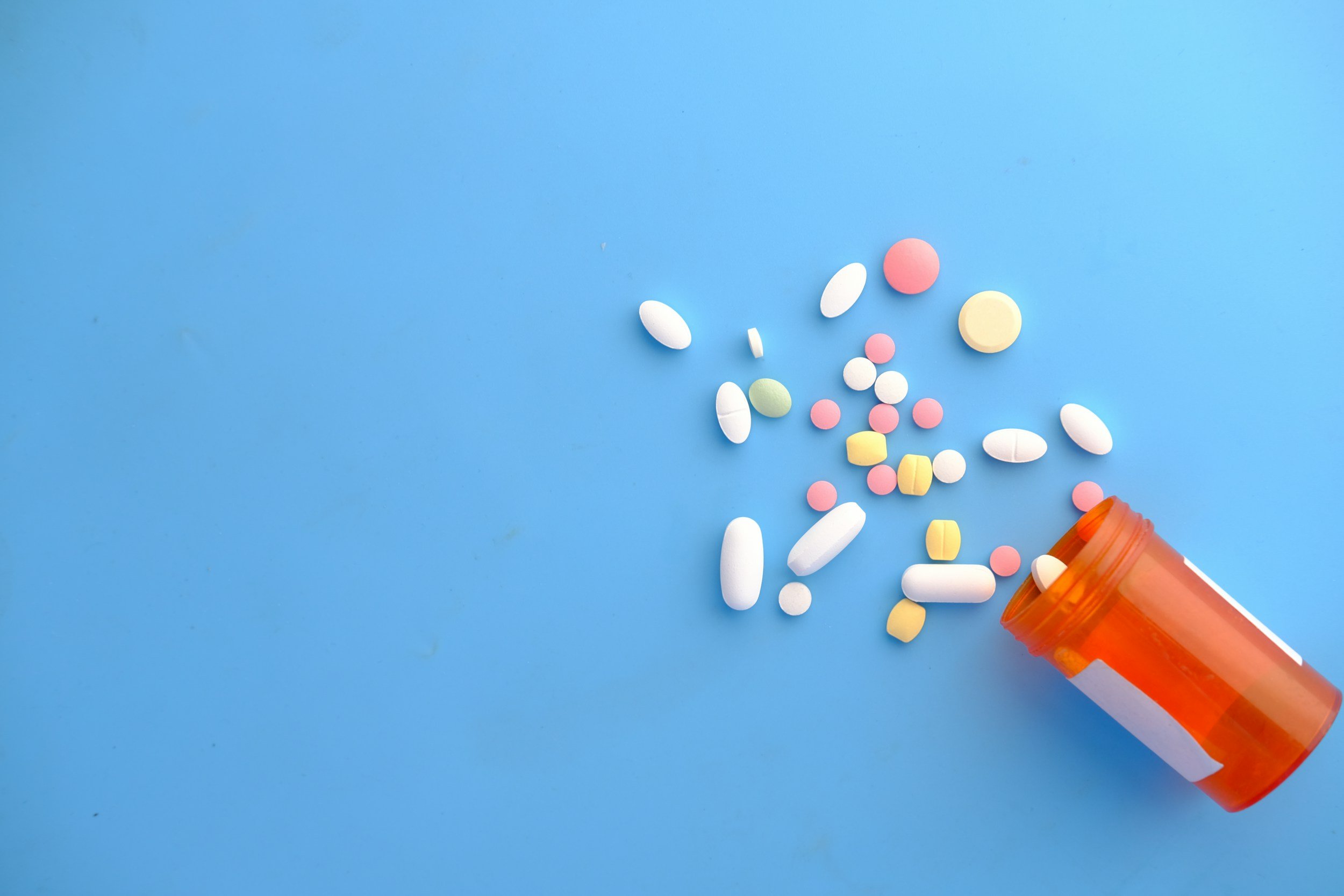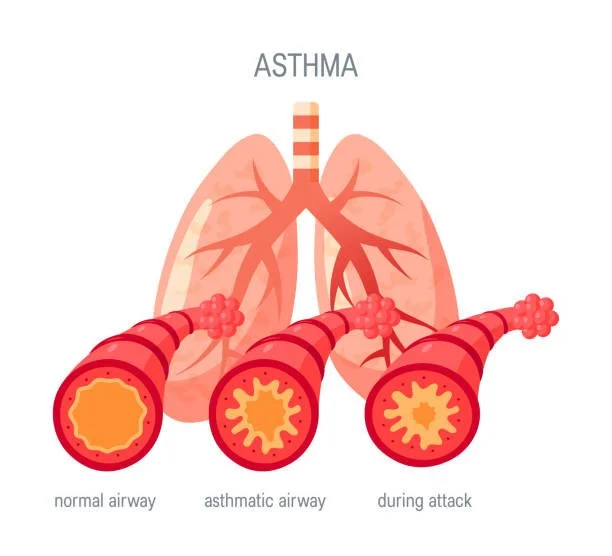November 2024
New Medicine Updates
A new class of schizophrenia medications has been approved for the first time in over 40 years. Cobenfy (xanomeline-tropsium) offers effective treatment with fewer side effects than traditional options.
For those with severe allergies, a new alternative to the Epipen is available. Neffy, an epinephrine nasal spray, is now on the market, priced around $200, similar to the Epipen.
Muscle Loss with semaglutide (WeGovy, Ozempic) and tirzepatide (Mounjaro, Zepbound)
Concerns are rising about muscle loss with GLP-1 agonists, which we use for diabetes, weight loss, and several other conditions. A recentstudyshowed that 25% of weight loss came from lean muscle, though increasing protein intake helped lessen this effect.
Dr. Neuman says: "While the benefits still outweigh the risks for most by a large margain, I will now advise clients on GLP-1 agonists to focus on protein intake and muscle-strengthening exercises."
Majority of Americans' Nutrition is Pro-inflammatory
A 2013 study rated food components as anti-inflammatory, neutral, or pro-inflammatory, with -1 being the most anti-inflammatory and +1 the most pro-inflammatory. Saturated fat ranks among the most pro-inflammatory, and a new study shows that 57% of Americans consume a pro-inflammatory diet.
Dr. Neuman says: "Health involves more than inflammation. For example, alcohol may reduce inflammation but harms the body in other ways. Adding turmeric and fiber can help lower inflammation through diet."
Asthma Treatment Update
A large study confirms that using a long-acting lung opener with an inhaled steroid (e.g., Advair) for asthma, both as a reliever and daily controller, reduces the risk of severe attacks and hospitalizations more effectively than short-acting inhalers like albuterol.
Dr. Neuman notes: "While I'd prefer to prescribe Advair for all clients with asthma, it’s more expensive than albuterol ($100 vs. $30 on GoodRx)."
Testing for Risk of Kidney Stones
For folks who have had kidney stones before, high levels of calcium, oxalate, and sodium in a 24-hour urine sample were associated with a higher risk of stones in a newstudy. This test could be useful information for folks considering medication to prevent rocks or dietary changes to reduce oxalate and salt levels in their food.
Dr. Neuman says: "Despite their name, kidney stones most certainly do not rock."






